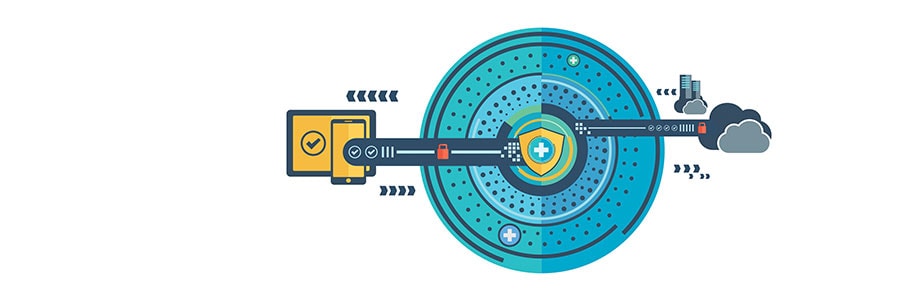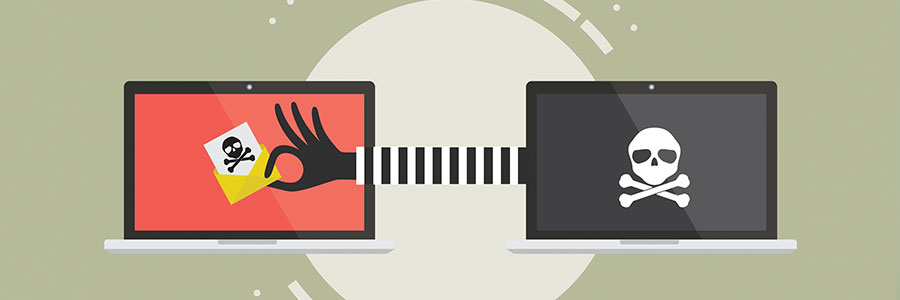Researchers have discovered a type of malware that can easily bypass the security protocols of Windows 10. This malware is a new variation of ransomware called Snatch, and it comes with an added data stealer component. Designed to target corporate networks rather than consumers, Snatch has been modified to reboot your PC in Safe Mode to disable any security programs from initiating.
Nasty malware can bypass Windows 10 security
TDoS: An attack on VoIP systems
Which web browser is the safest?
No ransom: A place for free decryption
Is your Office 365 environment secure?
Every business needs an MSP for cybersecurity

Businesses can no longer afford to relegate cybersecurity to the bottom of the budget, not with cyberattacks targeting any business regardless of size, strict security, and privacy regulations surrounding data. Businesses with a small or limited budget have the advantage of partnering with a managed IT services provider (MSP) for their cybersecurity needs.
Fileless malware: Are you at risk?

Over the past few years, the security industry has been witnessing a rapid evolution in attack techniques, including fileless malware, which uses legitimate tools and services such as existing software, applications, and authorized protocols to carry out malicious activities such as unauthorized data retrieval or data damage.
Are autocomplete passwords safe?
Scammers deriving new ways to scam via VoIP

VoIP (Voice over Internet Protocol) makes business communications simple and inexpensive. However, scammers are still finding ways to exploit VoIP, such as through “vishing scams, a new type of phishing wherein fraudsters make phone calls, pose as a business or financial partner, and request private details.
VPNs: Why you need them

Installing antivirus software and setting strong passwords are no longer considered the bare minimum in cybersecurity. With hackers, third parties, and ISPs constantly monitoring networks and your online habits, hopping onto a virtual private network (VPN) is crucial for keeping your surfing habits private.





